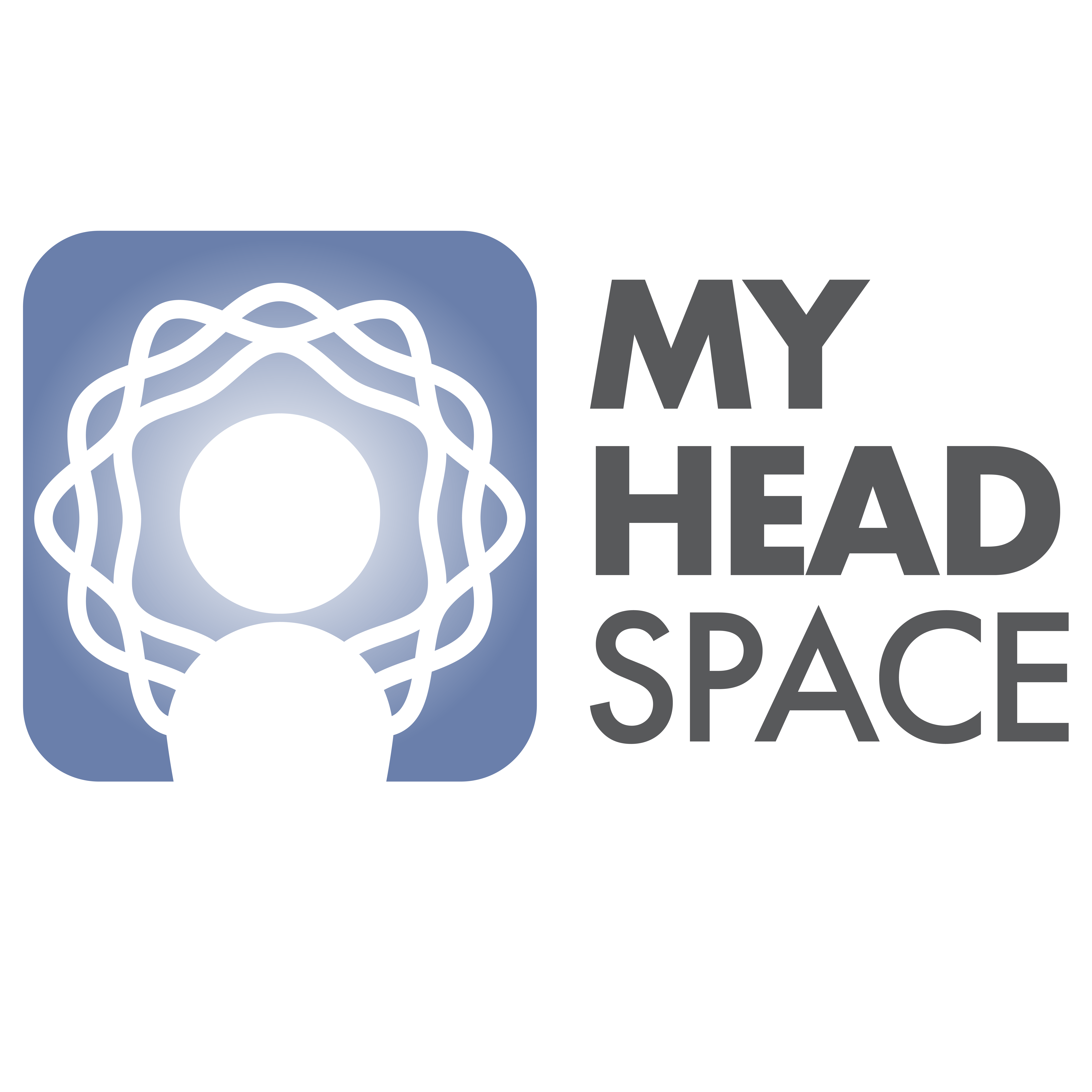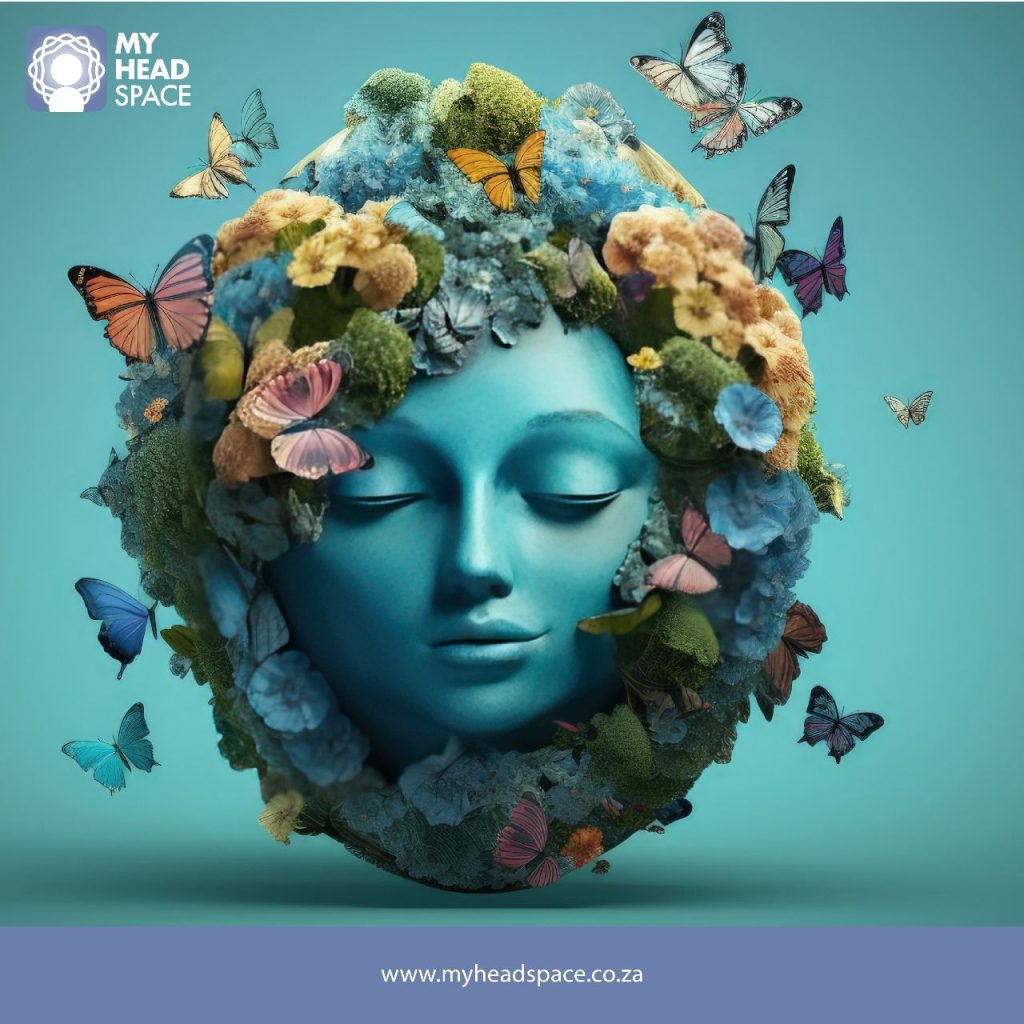Effective Therapy Practices for Anxiety Relief
Effective therapy practices for anxiety relief include techniques like Cognitive-Behavioral Therapy (CBT), which helps you challenge negative thoughts. Mindfulness and meditation encourage present-focused awareness, promoting calmness. Exposure therapy gradually introduces you to your fears, helping to lessen their grip. Consider group therapy, where sharing experiences fosters support and connection. Don’t overlook self-care strategies like journaling, deep breathing, and regular exercise, which significantly boost your mood. Medication can also help, but it’s best combined with therapy. By exploring these approaches, you can find tailored methods that resonate with you and enhance your journey toward relief. More insights await you on this path.
Understanding Anxiety Disorders
What drives anxiety disorders, and how can understanding them empower you to seek effective relief? Anxiety disorders often stem from a combination of genetic, environmental, and psychological factors. You might find that stressors in your life, such as work pressures, relationship issues, or health concerns, trigger your anxiety. Recognizing these triggers is the first step toward managing your symptoms.
Moreover, understanding how anxiety manifests in your body can be enlightening. You may notice physical symptoms like increased heart rate, sweating, or difficulty concentrating. These experiences are common, and knowing you’re not alone can be comforting.
It’s also essential to acknowledge that anxiety isn’t simply a mental weakness; it’s a legitimate disorder that many people face. By embracing this fact, you can begin to break free from the stigma that often surrounds mental health issues.
Educating yourself about the nature of anxiety can empower you to take proactive steps. Whether it’s seeking professional help, engaging in self-care practices, or connecting with supportive communities, understanding your anxiety is a vital part of your journey toward relief.
Cognitive-Behavioral Therapy Techniques
Cognitive-behavioral therapy (CBT) offers practical techniques that help you challenge and change negative thought patterns, making it a powerful tool for managing anxiety. One effective method is cognitive restructuring, where you identify irrational beliefs and replace them with more balanced thoughts. When you notice anxious thoughts, ask yourself if they’re based on facts or assumptions.
Another technique is exposure therapy, which involves gradually facing your fears in a controlled manner. This helps desensitize you to anxiety triggers, making them less intimidating over time. You can start small, exposing yourself to situations that provoke mild anxiety, and slowly work your way up.
Journaling can also be beneficial. By writing down your thoughts and feelings, you gain insight into your anxiety patterns and triggers. This practice helps you process your emotions and identify strategies that work for you.
Mindfulness and Meditation Practices
Mindfulness and meditation practices can significantly reduce anxiety by helping you stay present and calm amid life’s challenges. These techniques encourage you to focus on the here and now, allowing you to observe your thoughts and feelings without judgment. By doing so, you can break the cycle of negative thinking that often fuels anxiety.
To start, try dedicating just a few minutes each day to mindfulness. Find a quiet space, close your eyes, and take deep breaths. Focus on your breath as it flows in and out. When thoughts arise, acknowledge them, then gently return your focus to your breathing. This simple practice can ground you, helping you regain control over your anxious feelings.
Meditation can also be beneficial. You might explore guided meditations through apps or online resources, which can lead you through calming visualizations or affirmations.
As you practice regularly, you’ll likely notice a shift in your response to stress and anxiety, enhancing your overall well-being. Remember, consistency is key. The more you engage in mindfulness and meditation, the more effectively you’ll manage anxiety in your daily life.
Exposure Therapy Strategies
Exposure therapy strategies help you confront and gradually reduce your fear of specific triggers, making it easier to manage your anxiety over time.
In this process, you’ll work closely with a therapist to identify your fears and develop a hierarchy of situations that provoke anxiety. This list allows you to tackle these triggers step by step, starting with the least intimidating.
You might begin by visualizing the trigger, then move on to discussing it, and eventually confront it in real life. For instance, if you fear public speaking, you could start by speaking in front of a mirror, then to a friend, and finally, to a larger group. This gradual exposure helps desensitize you to the anxiety-provoking situation.
It’s vital to practice relaxation techniques throughout this process, as they can help ground you during exposure sessions. Remember to track your progress and celebrate small victories.
Over time, you’ll notice that what once felt overwhelming becomes more manageable. By applying these strategies consistently, you’ll build resilience and confidence, significantly reducing your anxiety levels.
The Role of Medication
Medication can play a crucial role in alleviating anxiety symptoms, providing you with the stability you need to engage in therapeutic practices effectively. Many people find that medication helps reduce the intensity of their anxiety, allowing them to focus on the underlying issues during therapy sessions.
When considering medication, it’s essential to consult with a healthcare professional who can assess your specific situation and recommend the most suitable options. Common types of medications for anxiety include selective serotonin reuptake inhibitors (SSRIs), benzodiazepines, and beta-blockers. Each type works differently, so understanding their effects and potential side effects is crucial.
You might experience improvements in mood and reduced anxiety levels, which can facilitate your progress in therapy. Nevertheless, it’s important to remember that medication is often most effective when combined with therapy. Relying solely on medication may not address the root causes of your anxiety.
Always communicate openly with your healthcare provider about your feelings and any side effects you encounter. By working together, you can create a comprehensive approach to managing your anxiety that includes both medication and therapeutic practices tailored to your needs.
Group Therapy Benefits
Participating in group therapy can significantly enhance your journey toward anxiety relief by providing a supportive environment where you can share experiences and learn from others facing similar challenges. In these sessions, you’ll find that you’re not alone in your struggles. Hearing others’ stories can normalize your feelings and reduce the isolation often associated with anxiety.
Group therapy also fosters connection and empathy. You’ll develop friendships with people who truly understand what you’re going through, and this can boost your confidence in social situations. As you share your thoughts, you’ll receive constructive feedback that can help you gain new perspectives on your anxiety.
Additionally, group therapy encourages accountability. Knowing that you’ll meet regularly with the group can motivate you to work on your coping strategies and apply what you’ve learned outside of the sessions. You’ll also have opportunities to practice communication skills in a safe setting, which can reduce anxiety in real-world interactions.
Self-Help Tools and Resources
Many effective self-help tools and resources are available to support you in managing anxiety on your own terms. One powerful tool is mindfulness meditation. Practicing mindfulness can help you stay present and reduce anxious thoughts. Start with just a few minutes each day and gradually increase the duration as you feel more comfortable.
Another resource is journaling. Writing down your feelings helps you process emotions and identify triggers. Consider setting aside time each day to reflect on your experiences and thoughts.
Furthermore, cognitive-behavioral techniques can be highly beneficial. Challenge negative thoughts and replace them with positive affirmations to shift your mindset.
Apps like Headspace or Calm offer guided meditations and exercises tailored for anxiety relief. These can easily fit into your daily routine, making it simpler to incorporate self-care.
Lastly, don’t underestimate the power of physical activity. Regular exercise releases endorphins, improving your mood and reducing anxiety.
How Do I Choose the Right Therapist for Anxiety Treatment?
Choosing the right therapist for anxiety treatment involves researching credentials, checking reviews, and considering personal compatibility. Trust your instincts during the initial consultation, and don’t hesitate to ask questions about their approach and experience.
What Should I Expect During My First Therapy Session?
During your first therapy session, you’ll discuss your reasons for seeking help, share your background, and set goals. Expect a comfortable environment where you can openly express your feelings without judgment. It’s a collaborative process.
Can Anxiety Be Completely Cured With Therapy?
Anxiety might not be completely cured, but therapy can significantly reduce its impact. You’ll learn coping strategies, gain insights, and develop resilience, making it easier to manage anxiety in daily life. Progress takes time and effort.
How Long Does Therapy Typically Take for Anxiety Relief?
Therapy for anxiety typically takes several weeks to months, depending on individual needs and progress. You’ll likely notice improvements over time, but consistency and commitment to the process are crucial for achieving lasting relief.
What Should I Do if Therapy Isn’t Working for Me?
If therapy isn’t working for you, consider discussing your concerns with your therapist. You might explore different techniques, seek a second opinion, or even try alternative therapies. Finding the right fit is crucial for your healing.

